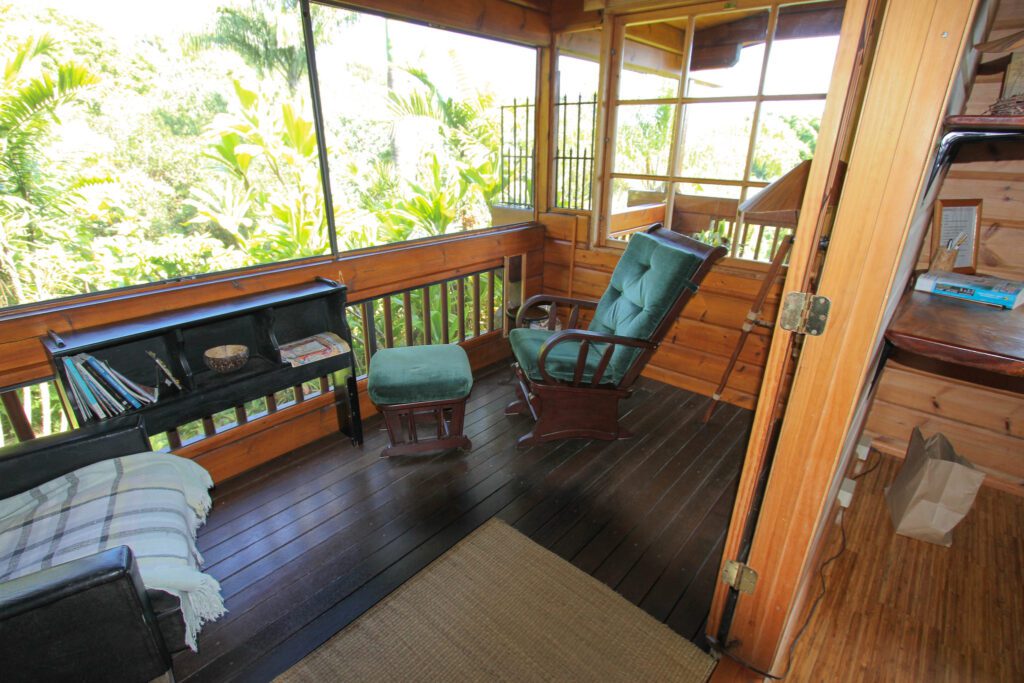The problem surfaced in late Summer — Booking.com’s short-term rental hosts in Europe, Asia-Pacific and Latin America cited financial hardships because the company wasn’t paying them for guest stays.

A condo hotel that was listed on Booking.com. Source: Booking.com
CEO Glenn Fogel told financial analysts last week during Booking Holdings’ third quarter earnings call that Booking.com would begin letting partners know that compensation is on the way.
Missed Host Payments
“During the quarter, some of our partners at Booking.com experienced delayed payments due to a planned upgrade to our finance and payment platforms in early July,” Fogel said. “We’ve now cleared the backlog of outstanding payment issues related to the system upgrade. We plan to provide compensation to partners who experienced an extended delay, and we recorded this in our Q3 results. We plan to communicate to all partners who were impacted by these payment delays within the next few days.”
The company won’t specify precisely how much it would be shelling out to hosts as compensation.
A spokesperson said the amount of the payments are “meaningful, not material.”
In-House Payment System Is Strategic Priority
When the reports of missed payments for hosts first surfaced several months ago, the company downplayed the issue.
But in addition to the financial pain it inflicted on hosts, the snafu was an embarrassment to the company because it has been developing its own payments system over the last few years as a strategic imperative.
Pain for Hosts
Fogel discussed the issue with this reporter at Skift Global Forum in September.
Fogel: We did a very, very large change in our backend financial systems. Some things didn’t work so well. You do everything you can to make sure it’s going to be perfect. Wasn’t. Some people didn’t get paid a very, very, very small percentage. But even one person is one too many.
We have two types of customers. We’ve got the travelers and we’ve got the partners. And if we don’t provide good service to them, that’s on us. We screw it up, and there were mistakes. And if you don’t pay a very large company so much, well, it’s not a big deal.
By the way, in our agency business where we get paid by the partner who sends us money afterwards our commission, sometimes we don’t get paid on time either. So 30 days late, 60 days late, 90 days late, and during the pandemic, we didn’t get paid at all. Happens. This is not a pandemic, this is a mistake. And the thing is, for the smaller partners, partners that were really depending on that payment, I just felt so horrible.
Schaal: What kind of redress can you have for them?
Fogel: First thing is get their money as fast as you can, as fast as you can. And I’ll tell you, I get emails and I’ve read them and they are really heartbreaking. You just feel horrible when you do something wrong. And we have fixed it, it’s good now. But I’ll tell you, this is something where I say to the team, and I say that … I spoke out at a town hall for all of our 20 something thousand employees.
And I told them about this. I said, “Look, this is not the way we want to be. We got to do better. We should not ever, ever feel that this is OK.” Well, it’s only a small number of partners. That’s the wrong attitude. It’s always got to be, every partner counts. So the lesson from it was we have to do better.


